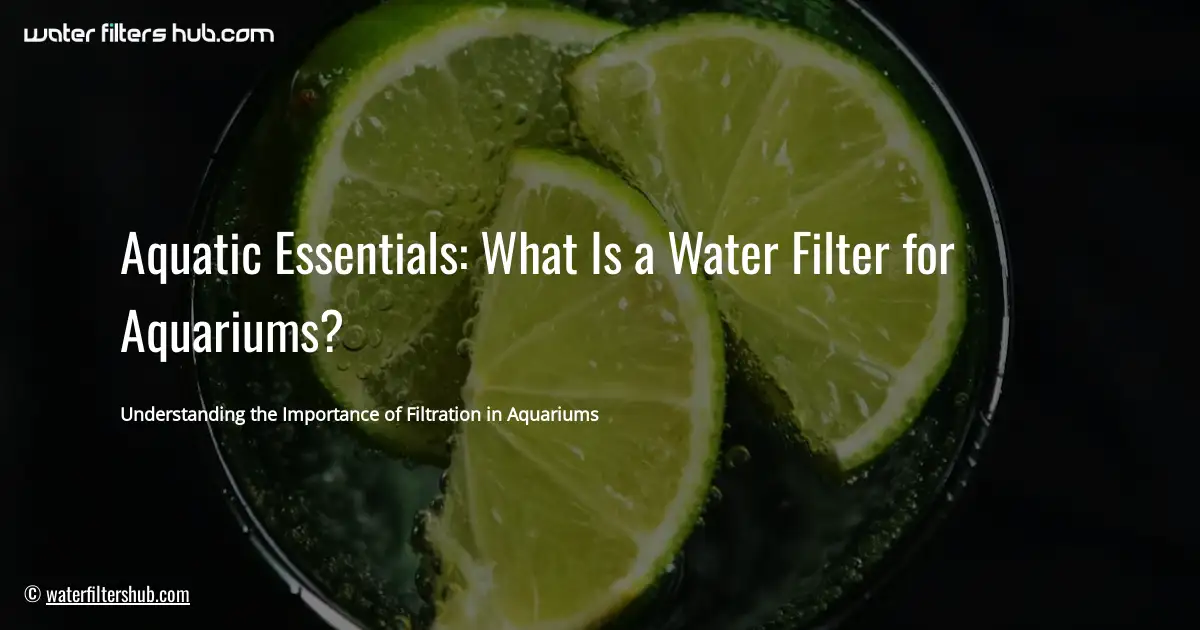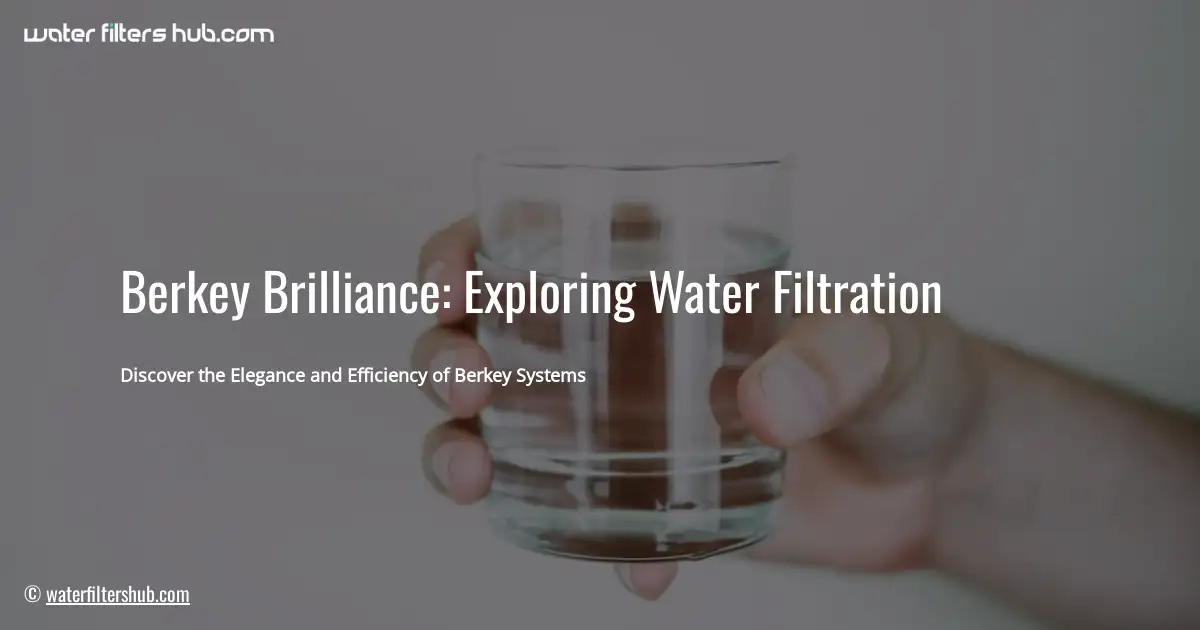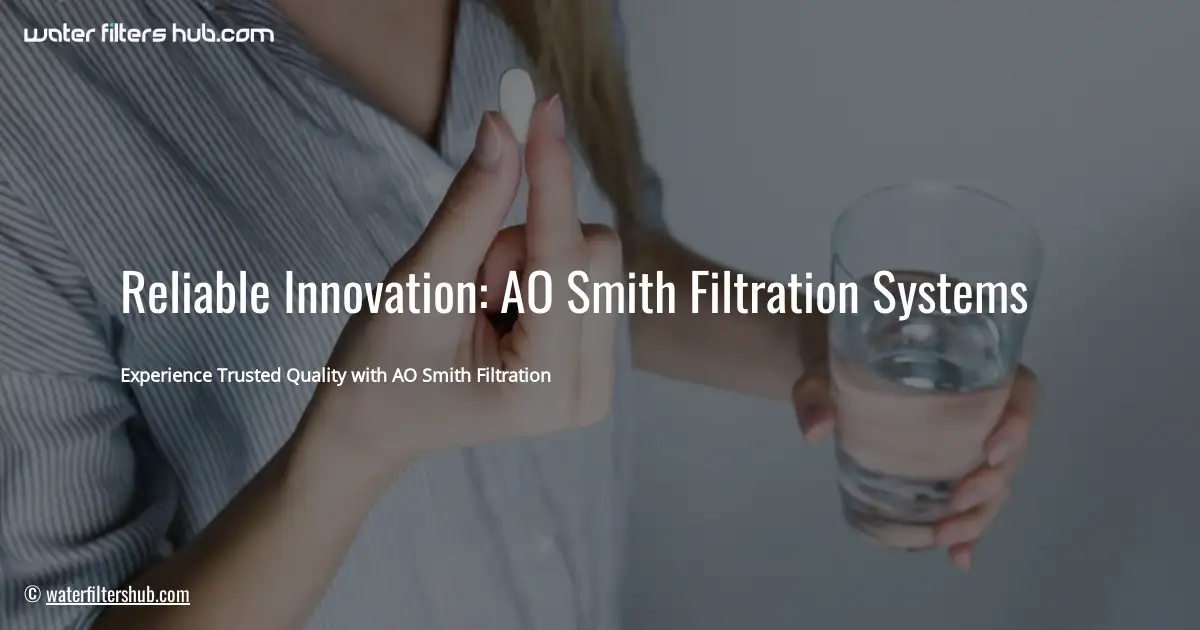Understanding the Importance of Filtration in Aquariums
In the captivating world of aquariums, pristine water is the lifeblood of its inhabitants. Just like the air we breathe, clean water is essential for the survival and well-being of aquatic creatures. Without it, their delicate ecosystem would crumble, and their vibrant colors and graceful movements would fade into oblivion.
Imagine a thriving underwater paradise, teeming with vibrant fish darting through lush greenery. The water is crystal-clear, reflecting the sunlight like a thousand tiny diamonds. In this pristine environment, the fish flourish, their gills working effortlessly to extract oxygen from the pure water. They swim with carefree abandon, their scales shimmering with health and vitality.
However, this idyllic scene can quickly turn into a nightmare if the water becomes contaminated. Just as polluted air can harm our lungs, dirty water can wreak havoc on the delicate organs of fish. Toxins accumulate, causing stress, disease, and even death. The once-vibrant ecosystem becomes a murky, lifeless wasteland, devoid of its former glory.
That’s where water filters come in – the unsung heroes of the aquarium world. These ingenious devices work tirelessly behind the scenes to maintain the pristine water quality that aquatic life depends on. They trap debris, break down waste, and remove harmful chemicals, ensuring that the water remains a sanctuary for its inhabitants.
Types of Water Filters
Biological filters are the backbone of a healthy aquarium ecosystem. They house beneficial bacteria that convert toxic ammonia and nitrite into less harmful nitrate. These bacteria reside in porous materials like bio-media, live plants, and filter sponges. As water passes through the filter, these bacteria break down waste, creating a cleaner and healthier environment for your aquatic friends.
Imagine your aquarium as a bustling city, where waste accumulates like traffic jams. Biological filters act like efficient waste management systems, transforming hazardous substances into manageable byproducts. They’re the unsung heroes of your aquarium, ensuring a harmonious balance and keeping your fish thriving.
How Water Filters Work
Chemical filtration is the final stage of the filtration process, where toxins and impurities are removed from the water. This is achieved through the use of chemical filter media, such as activated carbon or ion exchange resins. Activated carbon is a highly porous material that absorbs a wide range of organic compounds, including chlorine, pesticides, and heavy metals. Ion exchange resins are designed to remove specific ions from the water, such as calcium, magnesium, and nitrate.
The chemical filtration process is essential for maintaining a healthy aquarium environment. It helps to remove harmful substances that can be toxic to fish and other aquatic creatures. It also helps to improve the overall water quality and clarity, making it more aesthetically pleasing.
Benefits of Water Filtration
A clean and healthy aquatic environment is paramount for the well-being of fish. Impurities and toxins in the water can lead to stress, disease, and even death. A water filter acts as a guardian, removing harmful substances and creating a pristine habitat for your finned friends.
Just like humans need clean air to breathe, fish require pristine water to thrive. A water filter ensures that your aquatic pets have access to an oxygen-rich, toxin-free environment. It’s like giving them a fresh, invigorating breath of life!
| Benefit | Impact on Fish Health |
|---|---|
| Reduced ammonia, nitrite, and nitrate levels | Prevents stress, disease, and stunted growth |
| Removal of toxins and impurities | Protects against parasites, infections, and skin irritation |
| Improved water clarity | Enhances visibility, allowing fish to navigate and find food easily |
| Prevention of algae growth | Reduces competition for oxygen and nutrients, creating a healthier environment |
Choosing the Right Water Filter
Choosing the right water filter for your aquarium is crucial for maintaining a healthy environment for your aquatic friends. It’s like picking the perfect shoes for a marathon – you need something that fits well, supports your needs, and keeps you going strong.
Consider the size of your aquarium, the number of fish you have, and your budget. Hang-on-back filters are a good option for smaller tanks, while canister filters are better for larger ones. Internal filters are a space-saving choice for smaller tanks.
Look for filters with a flow rate that matches the size of your aquarium. The media capacity should be sufficient to handle the amount of waste your fish produce. Ease of maintenance is also important – you want a filter that’s easy to clean and replace media.
WHAT IS WATER FILTER AQUARIUM ON YOUTUBE
Maintaining Water Filters
Maintaining water filters is crucial to ensure their optimal performance. Regular cleaning and monitoring are essential, but sometimes, you may encounter common issues that require troubleshooting.
-
Clogged Filters: A clogged filter can significantly reduce flow rate and filtration efficiency. Check for any visible debris or blockages on the filter media. If necessary, remove the media and rinse it thoroughly with clean water.
-
Low Flow Rate: A low flow rate can indicate a clogged filter, a dirty impeller, or a malfunctioning pump. Inspect the filter media, clean the impeller, and check the pump for any damage or wear.
-
Leaking Filters: A leaking filter can be a messy nuisance. Check for any loose connections or damaged seals. Tighten the connections and replace any worn-out seals to prevent water leakage.
-
Noisy Filters: A noisy filter can be a sign of a malfunctioning pump or loose parts. Check the pump for any unusual sounds or vibrations. If necessary, replace the pump or tighten any loose components.
Remember, regular maintenance and prompt troubleshooting can extend the lifespan of your water filter and ensure the health and well-being of your aquarium inhabitants.
Special Considerations for Different Aquariums
Freshwater Aquariums
When it comes to freshwater aquariums, the type of filter you choose will depend on the size of your tank and the number of fish you have. Hang-on-back filters are a popular choice for smaller tanks, while canister filters are better suited for larger tanks. Internal filters are a good option for tanks that are too small for a hang-on-back filter or a canister filter.
No matter what type of filter you choose, it’s important to clean it regularly. This will help to remove debris and keep the filter working properly. You should also monitor the flow rate of your filter to make sure that it’s providing adequate filtration.
Saltwater Aquariums
Saltwater aquariums require specialized filters that are designed to handle the higher salinity levels. These filters typically use a combination of mechanical, biological, and chemical filtration.
It’s important to note that saltwater filters require more maintenance than freshwater filters. This is because the salt can build up on the filter media and clog it. You should clean your saltwater filter more frequently than you would a freshwater filter.
Planted Aquariums
Planted aquariums require a delicate balance between filtration and plant growth. Too much filtration can remove nutrients from the water that the plants need to grow. On the other hand, too little filtration can lead to algae growth.
When choosing a filter for a planted aquarium, it’s important to select one that provides adequate filtration without removing too many nutrients from the water. You should also avoid using filters that create a lot of turbulence, as this can damage the plants.
DIY Water Filters
Homemade Filtration Options
Creating your own water filter can be a rewarding endeavor, providing a sense of accomplishment and potential cost savings. However, it’s crucial to weigh the benefits and drawbacks before embarking on this project.
Benefits of DIY Filters:
- Customization: Tailor the filter to your specific aquarium needs.
- Cost-effectiveness: Potentially save money compared to commercial filters.
- Educational value: Gain a deeper understanding of aquarium filtration.
Drawbacks of DIY Filters:
- Time-consuming: Building and maintaining a DIY filter can be labor-intensive.
- Reliability concerns: Homemade filters may not be as reliable or efficient as commercial products.
- Limited media options: DIY filters may not offer the same variety of filtration media as commercial filters.
If you decide to create a DIY water filter, there are several options to consider:
- Sponge filters: Simple and inexpensive, sponge filters provide mechanical and biological filtration.
- Canister filters: More complex but efficient, canister filters offer multiple stages of filtration.
- Fluidized bed filters: Highly efficient, fluidized bed filters use a moving bed of media to trap particles.
Remember, proper maintenance is essential for the effectiveness of any water filter, whether DIY or commercial. Regular cleaning and monitoring are crucial to ensure optimal filtration and a healthy aquarium environment.
Advanced Water Filtration Techniques
When it comes to keeping your aquarium crystal clear and your fish healthy, advanced water filtration techniques can take your setup to the next level. These methods go beyond traditional mechanical, biological, and chemical filtration to target specific contaminants and provide unparalleled water quality.
One such technique is the use of UV sterilizers. These devices emit ultraviolet radiation that kills harmful microorganisms, including bacteria, viruses, and algae spores. This can be especially beneficial in aquariums with a high fish population or where disease outbreaks are a concern.
Another advanced filtration technique is the use of ozone generators. Ozone is a powerful oxidizer that can break down pollutants, remove odors, and improve water clarity. However, it’s important to use ozone generators carefully as high levels can be harmful to fish.
Finally, reverse osmosis systems offer the ultimate in water purification. These systems use a semipermeable membrane to remove impurities, contaminants, and even dissolved solids. Reverse osmosis is particularly effective in saltwater aquariums where maintaining stable salinity levels is crucial.
By incorporating advanced water filtration techniques into your aquarium setup, you can create a pristine environment for your fish and enjoy the beauty of a sparkling clear tank. It’s like giving your aquatic friends a luxurious spa treatment, ensuring their health and well-being for years to come.
Conclusion
Maintaining a healthy and thriving aquarium ecosystem is paramount for the well-being of its inhabitants. Water filters play a crucial role in this endeavor, ensuring the removal of harmful substances, maintaining water clarity, and promoting fish health. Investing in a quality water filter is an indispensable step towards creating a pristine and balanced aquatic environment.
Like a diligent guardian, water filters stand watch over your aquarium, tirelessly removing impurities and safeguarding the delicate balance of life within. By choosing the right filter and maintaining it diligently, you become an active participant in the well-being of your aquatic friends.
Remember, the health of your aquarium is a reflection of your commitment to its inhabitants. Let us all strive to provide our finned companions with the best possible care, starting with the essential foundation of a clean and healthy water environment.
AQUARIUM FILTER – WIKIPEDIA
OVERVIEW
HOW WATER FILTERS WORK
HOW WATER FILTERS WORK
HOW WATER FILTERS
HOW MUCH WATER FILTER COST
HOW ARE WATER FILTERS MADE







Leave a Reply